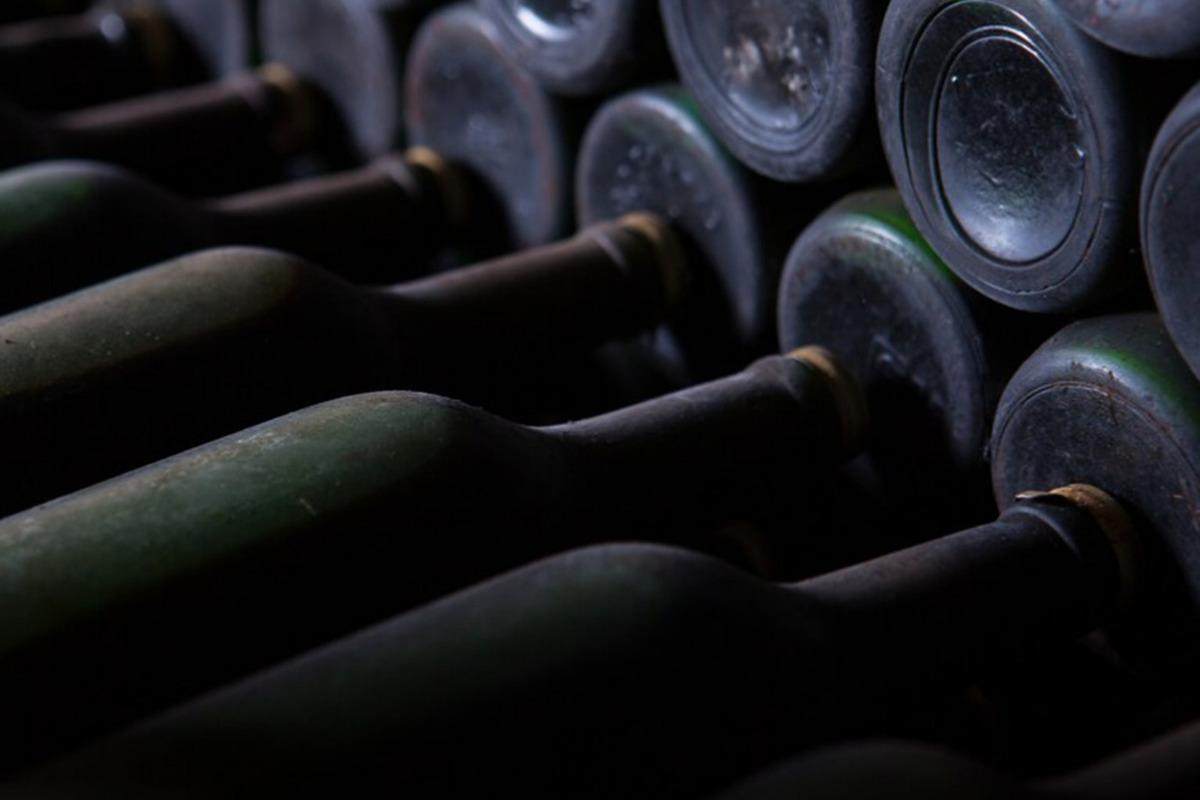Wine from NATO will not cross the Russian border: the bottle will rise in price by 1,000 rubles
[ad_1]

The consequences of a 200% duty on wine from unfriendly countries are named
The Association of Winegrowers and Winemakers of Russia (AVVR) asks the authorities to raise duties on wines from NATO countries to 200%. In addition, AVVR proposes to set quotas for Russian wine for shops and cafes: on the shelves, domestic wine should occupy 20% (with the prospect of raising it to 50%), and in the catering menu – 50%. The association proposed to abolish the preferential regime of import duties for wine from Georgia altogether. According to market experts, domestic winemakers are trying to get rid of competitors in this way in order to sell more. But this measure will only lead to higher prices and a fall in consumer demand.
“We decided to once again appeal to the government and the State Duma with a request to strengthen measures to protect the Russian market and send the position of AVVR to the government and the expert council of the State Duma Committee on Economic Policy, including: on the establishment of import duties for wine, sparkling wine, fortified wine from countries NATO at 200%,” said the executive secretary of the association, Alexey Plotnikov.
Let us note that now 75% of foreign wines on Russian shelves are from NATO countries: Italy, Spain, Portugal, France, Bulgaria, Hungary… Plus some wines from Georgia and Moldova.
According to the head of the Center for the Development of National Alcohol Policy, Pavel Shapkin, by coming up with such a “patriotic” initiative, domestic winemakers are trying to make their products sold more actively.
“At one time, we proposed to the government commission on protective measures in foreign trade to introduce such a duty on dietary supplements imported from unfriendly countries. The initiative was not supported with the wording “there is insufficient justification for a protective measure.” I think it will be exactly the same in the case of wine. Most likely, the Ministry of Economic Development will reject this proposal,” he believes.
Meanwhile, if the winemakers’ proposal is accepted, wine prices will rise sharply, says Shapkin.
Let’s take, for example, a bottle of imported wine of a low price segment, add duties, VAT on the duty. Let us also remember that from May 1 in Russia, excise tax rates on wine will increase threefold.
“This means that a bottle of imported wine on the shelf for 700 rubles will rise in price by about 1 thousand rubles,” continues the expert. – This will have a dramatic impact on consumer demand. The paradox is that by trying to remove direct competitors from the market, Russian winemakers will only stimulate demand for imported drinks. Based on the news about the imminent rise in prices, the population will go to buy European wines at current prices and as much as possible. This means our wine will sell worse.”
Pavel Shapkin believes that over time, prices for domestic drinks will catch up with prices for European wines. There is no competition in the market, no pressure on prices. And, therefore, why limit yourself?
“The very business model of Russian winemaking is built on the fact that consumers need to drink only domestic wine and only dry wine. But this contradicts both the laws of the market and the tastes of the majority of consumers. 60% of our consumers want not dry, but “wet” wine (sweet, semi-sweet). By introducing more and more new bans, their authors undermine consumer interest in wine in principle,” the expert concludes.
Anna Vovk, Chairman of the Committee for the Development of the Investment Environment for Business at the Moscow Chamber of Commerce and Industry, is convinced that the winemakers’ proposal is lobbying.
“The measure is aimed at popularizing Russian wine. The Ministry of Agriculture also has plans to develop this industry, and therefore we need support and protectionism in relation to the domestic market,” she explains. – Such a decision, of course, will be made. Now all bills with a political background, a course towards import substitution and support for Russian industry, quickly receive approval among legislative bodies.”
[ad_2]
Source link






